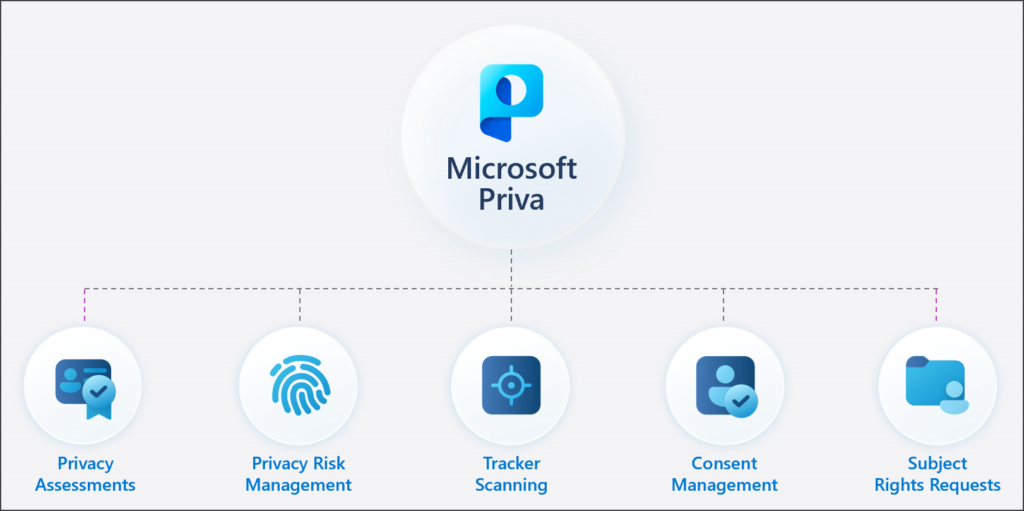
If you’re thinking about using outsourced support then it’s important to take things stage by stage.
Outsourcing your IT can bring significant benefits to your business, such as supporting your infrastructure, saving you time and money, and improving your cybersecurity. But it’s a big step to take, and you need to make sure you’re basing decisions on a good depth of knowledge.
Therefore, the first stage in outsourcing your It is to do your research and ask the right questions.
There are things you’ll need to ask yourself, about your current set-up, but also to ask potential providers of outsourced IT services.
What Does My Business Want from its IT?
What are you looking to gain from outsourcing your IT?
There are several key things outsourced IT support can provide:
- Managed security
- Automatic fixes
- Software updates
- Office 365 support
- Remote monitoring
- Onsite project and support work.
It’s a case of looking at your IT as it is now, and where you’d like it to be. Is your network running slow or suffering downtime?
Are your employees struggling with outmoded and sluggish software?
Have you been encountering attempts at cyber fraud or outright breaches of your security?
Don’t consider outsourced IT as a sticking-plaster for sorting out various ailments, but rather something comprehensive, proactive and preventative.
Consider not just how your business could benefit immediately and in the short-term from professional IT support, but also how this could work strategically to your benefit.
Do I Have In-house Expertise and Resources?
How do you currently manage the technology in your workplace? Do you have a qualified and dedicated in-house resource?
Many SMEs find their IT grows alongside them, and because they’ve been used to a hands-on, DIY approach, they then find it requires a level of expertise that has outgrown them.
At this point, you have to consider whether it’s viable to recruit an IT resource full-time, with all the long-term commitment that comes with it, or if it would make more sense to outsource.
What Am I Looking to Achieve Long-Term?
If you feel that currently, you’re treading water as far as your tech is concerned, what added value can outsourced IT support bring you?
It isn’t simply a remedial tool, like a doctor-on-call. The right provider should be able to help you develop your IT strategically, by supporting your IT infrastructure and enabling you to maximise its capabilities.
In other words, you shouldn’t be simply looking for the equivalent of a handyman to sort out your technical glitches and other issues.
This has the potential to transfer your business in the long term. Think about these implications when considering outsourced IT.
Are You Prepared to Upgrade Your Assets?
If one of the reasons why you’re struggling with IT is that you’re reliant on outmoded software and hardware, then you’ll need to think about upgrading these technical assets.
Without a fundamental overhaul, you might find that no amount of IT support will offer a lasting fix to your problems.
But the right IT support provider will be able to offer advice about what you need to move forward. If you’re prepared to invest in what’s necessary, then you’ll have the right level of support to maximise its benefits.
If you do come to the conclusion that outsourced IT is viable for your business, you must then think about the information you’ll need from potential providers.
What Experience do they Have?
An obvious one, but very important. Your potential provider should be able to offer testimonials from their customers and give you details about the sorts of businesses and organisations they work with.
They aren’t going to be just another supplier. Essentially, they should be providing a level of service and support that works in place of your own in-house resource.
You need to know from the get-go if they’re up to the job.
What Service Level Agreement (SLA) will they Provide?
What does IT support mean in real, practical terms – can your provider offer a service level agreement, and if so, how firm or flexible is it?
You want to know that if you contact them, there will be a guaranteed response time.
And there’s a world of difference between managed services or the type of support that basically consists of your provider fixing things when they break.
Think of it in terms of a partnership rather than a supplier relationship. You want the kind of support that proactively protects and manages your IT.
Look for a provider with clear packages that demonstrate clearly the level of support you can expect.
In part 2 of our guide to outsourced IT support, we’ll look at what you should expect from a provider in greater detail.




